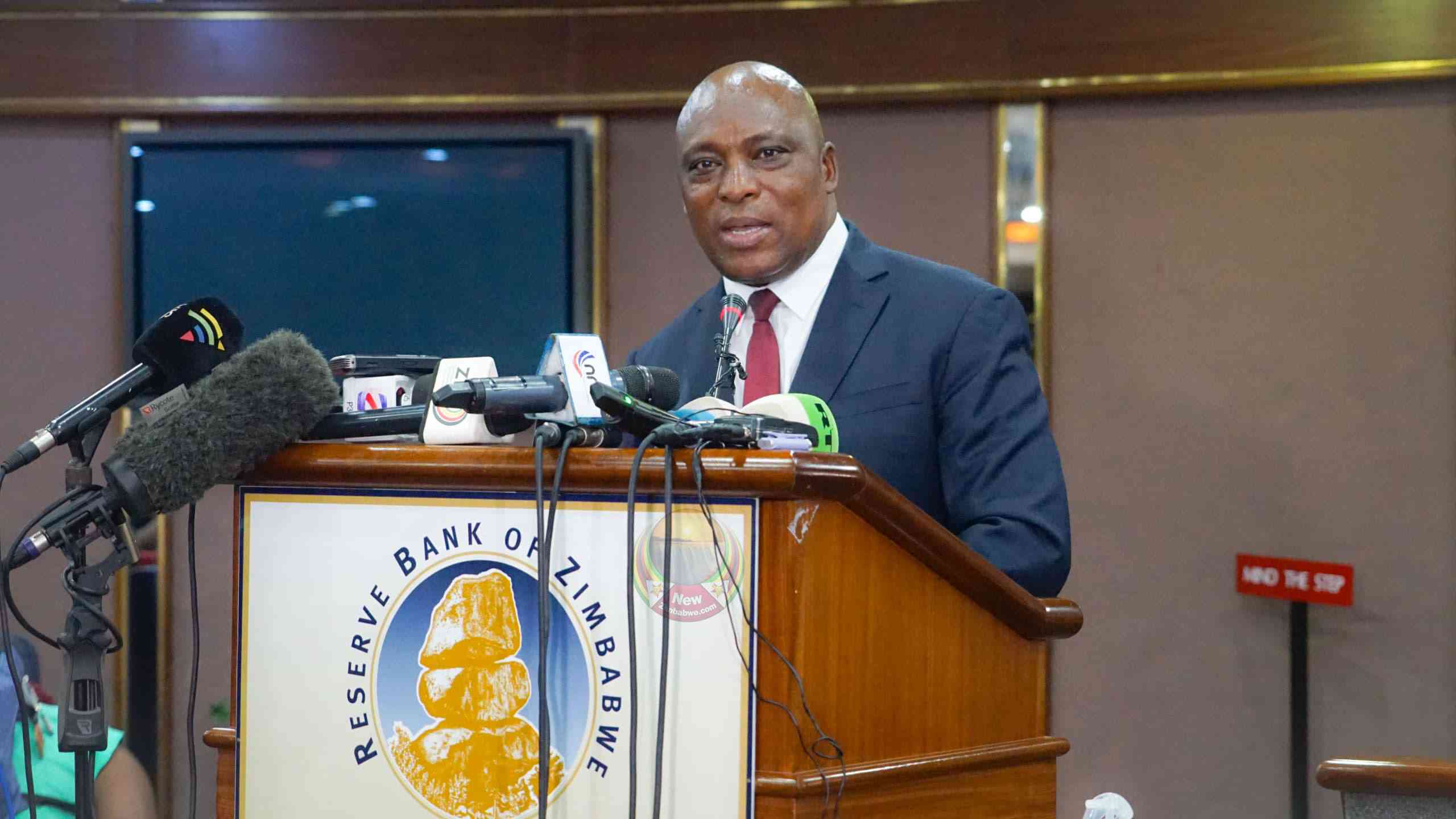
LEGAL think tank, Veritas, says the government’s move to end the official rate-based pricing of goods and services is not a relaxation of exchange controls as authorities have proclaimed.
Two weeks ago, the Treasury introduced Statutory Instrument (SI) 34 of 2025, repealing SI 81A of 2024, which penalised anyone pricing goods or services above the official exchange rate.
The repeal allows businesses to price goods and services as they see fit according to market dynamics.
Since the repeal, the government and central bank officials have suggested that the move was part of their intention to relax exchange control.
However, in an analysis of the repeal, Veritas disputed this claim.
“Before the Minister [Finance, Economic Development and Investment Promotion minister Mthuli Ncube]publishes a statutory instrument amending the Schedule to the Exchange Control Act, he must allow the National Assembly seven sitting days within which to object to a draft of the instrument. This is laid down in section 11(3) of the Act,” Veritas said.
“So far as we can ascertain, the minister never did this. Members of the National Assembly whom we have contacted cannot recall him laying a draft of SI 34 of 2025 before the House and we cannot find a record of his doing so in the Assembly’s Votes and Proceedings.
“If indeed the minister did not table a draft of the SI in the National Assembly, that would render SI 34 of 2025 completely invalid.”
- State Universities Act amended
- MMCZ moves to tackle chrome price crisis
- Neo-liberalism, debt management
- Bank charges eroding public confidence
Keep Reading
Veritas said that generally ministers should not be given the power to amend Acts of Parliament.
“It violates the principle of separation of powers, which states that Parliament should normally be responsible for enacting legislation, the judiciary responsible for adjudicating legal disputes, and the Executive (the President and ministers) responsible for administering the laws of the country,” Veritas said.
Veritas laid out how the minister could relax the Exchange Control Act to allow for a liberalised market.
“If the minister wants to allow businesses to use the market rate of exchange for pricing purposes, he should, without delay, publish a new SI specifically amending the Schedule to the Exchange Control Act to repeal the provisions inserted by SI 81A of 2024,” Veritas said.
“Before doing so, he should be careful to observe scrupulously the conditions laid down in section 11(3) of the Act, that is, to lay a draft before the National Assembly before publishing it.”
According to the think tank, Ncube could get his officials to look at other orders and directions made under the Exchange Control Act – SI 255B of 2000 and SI 223 of 2002, for example.
This would be done to see if these parts of the law need amending or repealing to give effect to the new policy of liberalisation.
“He and his officials should remember that statutory instruments remain in force until they are repealed; they do not cease to exist simply because official policy has changed,” Veritas said.
“In the meantime, businesses should continue using the official exchange rate when pricing their goods and services and should not rely on any assurances the minister may have given them that they can use a different rate.”
Veritas warned: “If they use a rate other than the official one, they will be committing a civil infringement and, whether or not the Reserve Bank serves a civil penalty order on them, the prices they fix will be illegal – which means that if buyers default on payment the sellers will not be able to seek recourse through the courts.”










